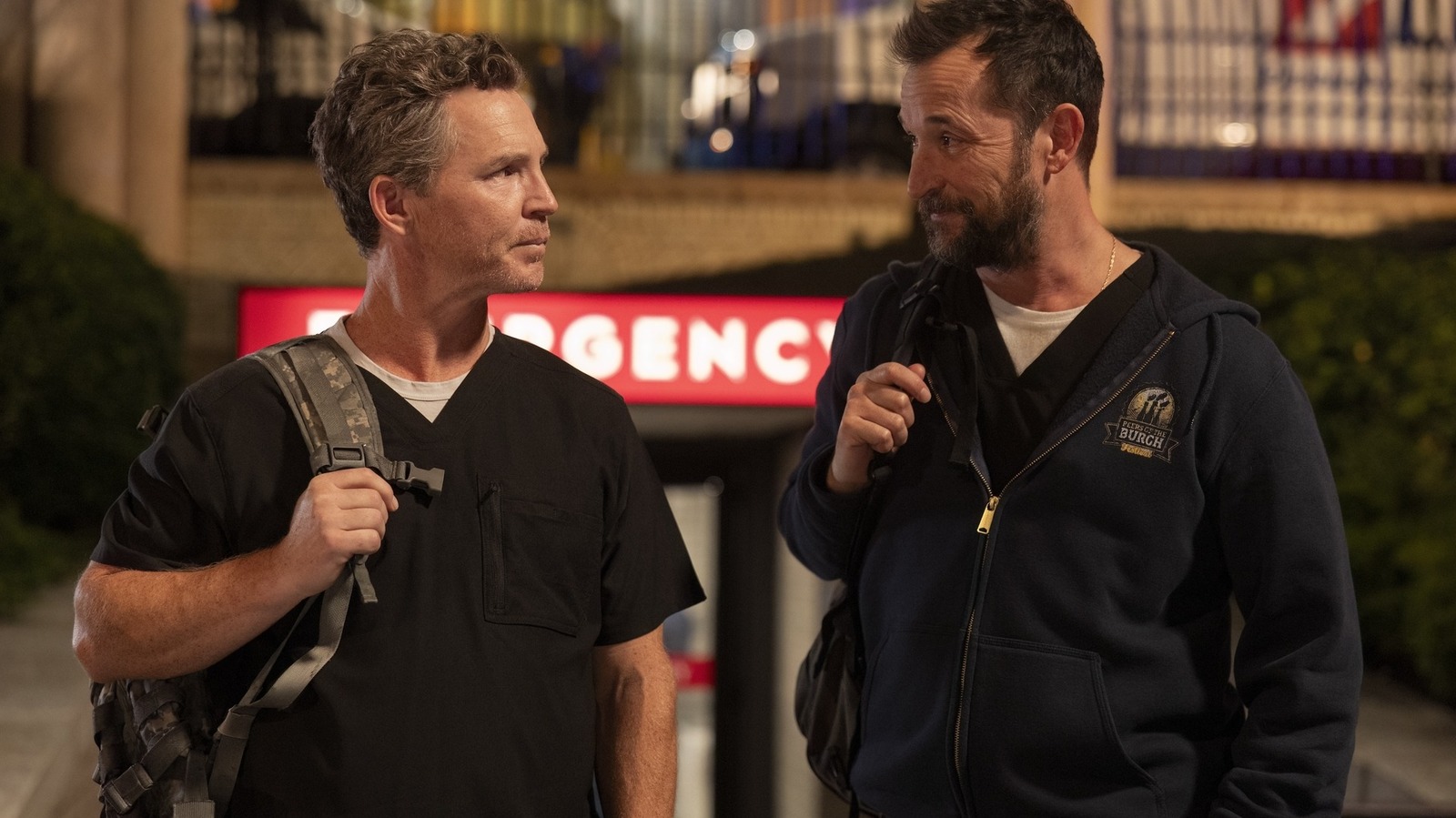
After all of the trauma we saw Robby endure in season 1 of “The Pitt,” what might be in store for him in the show’s forthcoming second season (which, we’ve been told, should premiere in January 2026)? Ryan Schwartz asked showrunner and creator R. Scott Gemmill where Robby might be mentally in the series’ sophomore season, inquiring, “Does there need to be some sort of trauma engine, or might you explore what it’s like when he doesn’t have something that it was weighing him down?”
Advertisement
“I think it’s a little bit of both,” Gemmill said. “I will say that Robby has taken steps in the interim to get better. Whether those go as well as one could hope is another thing. I think Season 2 will be about him and a journey, but I think he has moved to a good place with the Adamson of it all.” (Here, Gemmill is referencing the death of Robby’s unseen mentor Dr. Adamson, who died during the thick of the COVID-19 pandemic; the day of season 1’s 15-hour shift takes place on the anniversary of Dr. Adamson’s passing, and the specter of COVID-19 still looms over the show.)
“I think he has come to terms with it,” Gemmill continued. “Ultimately, I think his meltdown at the end of Episode 13 was probably the best thing, in some ways, that has ever happened to him, because now it’s out there, you know? He’s been stuffing it down for so long, and it was eating him away from the inside, and finally, he couldn’t control that monster anymore, and now he has to face it. In doing so, we’ll move past it.”
Advertisement
I think I can speak for many fans of “The Pitt” when I say that Robby probably deserves to have an easier day in the show’s second season, but there is absolutely no denying that watching Robby confront his demons is powerful and astounding to watch, thanks in large part to Wyle’s masterful performance. Season 1 of “The Pitt” is available to stream on Max now.
If you or someone you know needs help with mental health, please contact the Crisis Text Line by texting HOME to 741741, call the National Alliance on Mental Illness helpline at 1-800-950-NAMI (6264), or visit the National Institute of Mental Health website.
If you have been impacted by incidents of mass violence, or are experiencing emotional distress related to incidents of mass violence, you can call or text Disaster Distress Helpline at 1-800-985-5990 for support.


